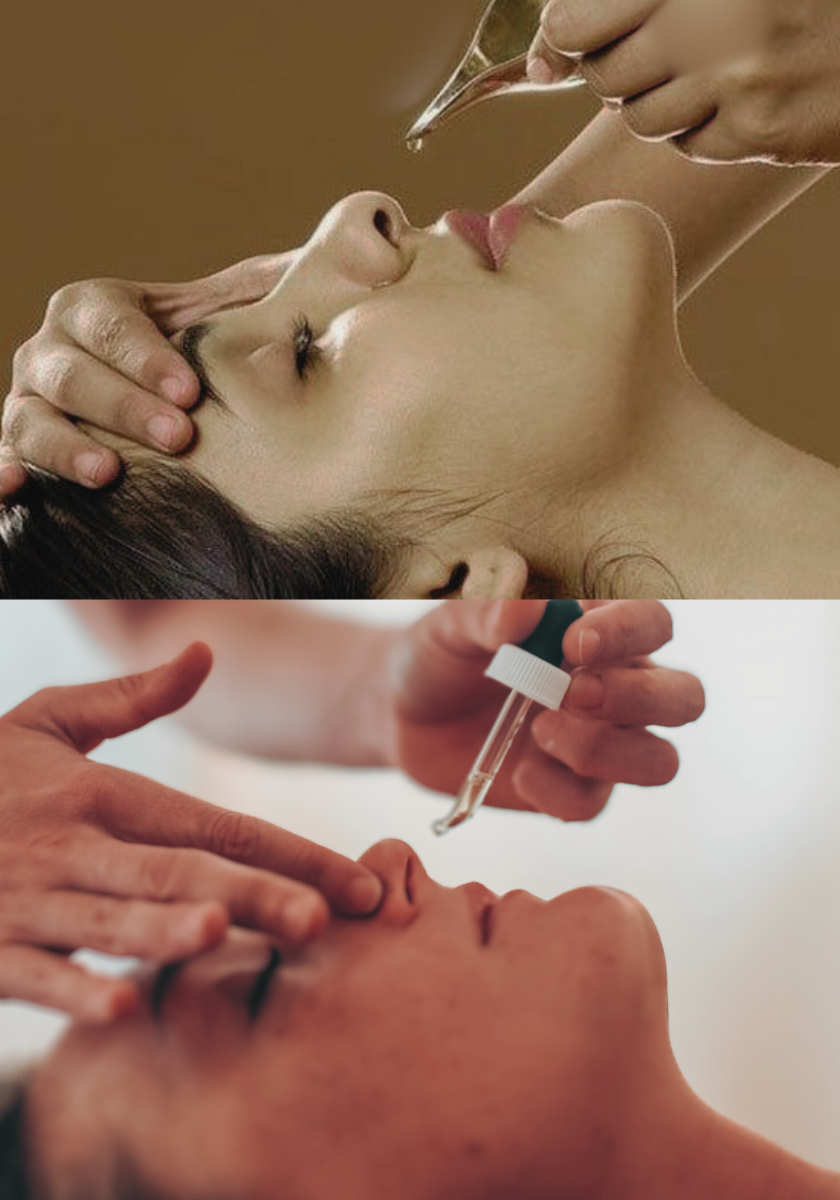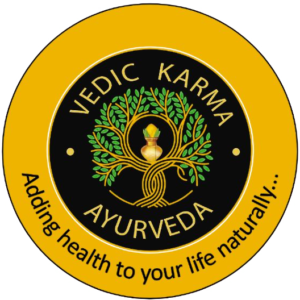Nasya Therepy
Nasya, also spelled as Nasyam, is one of the therapeutic procedures in Panchakarma, the traditional Ayurvedic system of detoxification and rejuvenation. Nasya involves the administration of medicated substances through the nasal passages. This procedure is believed to have a profound impact on conditions related to the head and neck, including those affecting the sinuses, respiratory system, and neurological functions.
Key aspects of Nasya in Panchakarma include:
Dosha-Specific: Nasya is used to balance specific doshas, particularly Vata and Kapha doshas. It can be beneficial for conditions such as sinusitis, headaches, migraines, allergies, and certain neurological disorders.
- We strive to bring out the best
- Beauty & glam can be perfect
- Brings out the best in you
- Live every moment beauty

Types of Nasya:
- Pradhamana Nasya (Powder Application): Involves blowing dry, fine powders (usually medicated herbs) into the nasal passages.
- Bruhana Nasya (Oleation Therapy): Involves the administration of medicated oils or ghee into the nasal passages.
- Marshya Nasya (Liquid Application): Involves instilling medicated liquids, such as herbal decoctions or oils, into the nostrils.
- Preparation (Purvakarma): Before Nasya is administered, the individual may undergo a preparatory phase, which may include facial oleation (external application of oil to the face), steam therapy, or other procedures to prepare the nasal passages.
- Administration: Nasya is usually administered by trained Ayurvedic practitioners. The choice of medicated substances and formulations is based on the individual’s constitution, dosha imbalance, and specific health conditions.
- Supervised Process: Nasya is performed under the supervision of trained professionals who monitor the individual during and after the procedure to ensure safety and effectiveness.
- Duration of Treatment: The duration and frequency of Nasya treatments can vary based on the individual’s response and health goals.
- Post-Nasya Care: After the administration of Nasya, the individual may be advised to rest and avoid certain activities for a short period. Post-treatment care may include dietary and lifestyle recommendations to support the body in the post-Nasya period.
Benefits of Nasya:
- Clearing Sinuses: Nasya is often recommended for sinus-related conditions, helping to relieve congestion and improve respiratory function.
- Headache and Migraine Relief: It may be beneficial in alleviating headaches and migraines by addressing imbalances in the head region.
- Neurological Support: Nasya is believed to have a positive impact on neurological functions, enhancing cognitive clarity and concentration.
- Contraindications: Nasya is not suitable for everyone and has specific contraindications. It is generally avoided in individuals with certain health conditions, nasal congestion, or those not fit for the procedure. Pregnant women, menstruating women, and those with recent nasal surgery may not be suitable candidates for Nasya.
Nasya is a specialized Ayurvedic procedure, and its application is determined based on an individual’s health status and dosha imbalances. It should be carried out under the guidance of a qualified Ayurvedic practitioner. Consulting with a healthcare professional is important before undergoing Nasya or any other Panchakarma therapy, especially if there are pre-existing health conditions.

